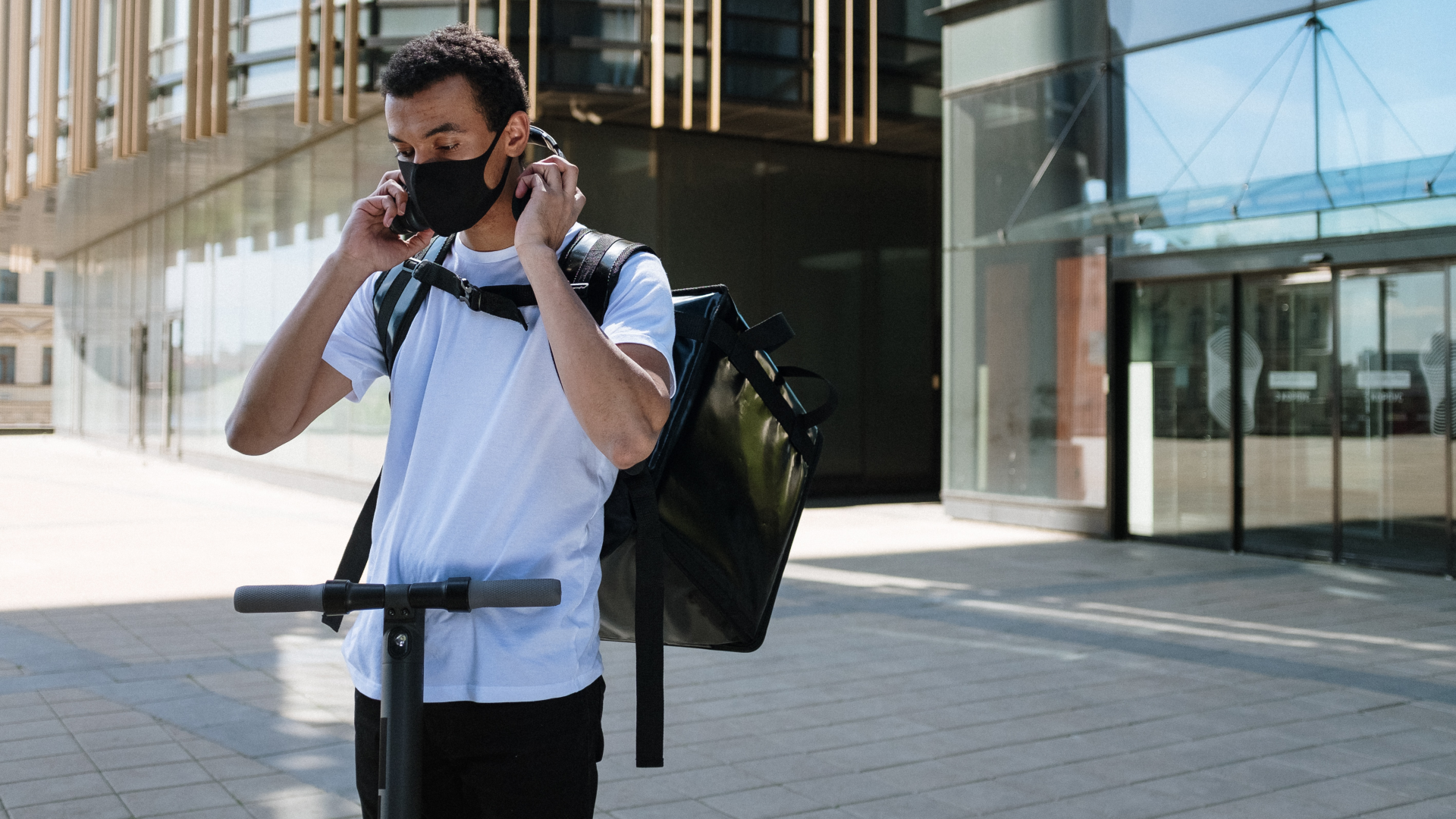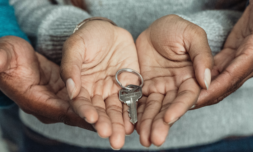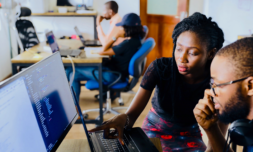While Britain continues to hash out regulations to standardise the use of e-scooters, alarming data shows that Black riders are most likely to be stopped and penalised by police in the capital.
2020 is largely regarded as the year the world stood still. However, emerging from numerous lockdowns, e-scooters have become a big and unexpected addition to city living.
Throughout the early knockings of Covid-19, there was a real lack of clarity on how safe it was to continue making regular use of public transport like buses and tubes in Britain – among a whole lot else.
This became the catalyst for an unprecedented explosion of e-scooter buys up 35% over 2019. A year on, market estimates predict a continued growth in value over the next six years.
Are private e-scooters legal to ride in public?
Since 2020, the government has wrangled with safe ways of fully integrating e-scooters into Transport for London, and ultimately decided that private use on public roads is too risky.
Now declared illegal, though inconsistently enforced, associated insurance firms have massively bumped up their rates.
As of July, the only authorised way of getting around London on an e-scooter is through a government hire scheme. Reasonable fees for pre-determined journeys – those who’ve used Santander bikes dotted across the nine boroughs will know the drill.
In the goal of amassing data over the next 12 months, the government will measure how safe, sustainable, and of course profitable e-scooters can be before looking at opening up private use once again.
Generally, there is still real confusion about the legal requirements of e-scooters, where they can be ridden, and what constitutes a ticketable offence. Yet since the start of the year, 2,300 of these pricey vehicles have been seized and impounded.
In that time, Vice has been doing research of its own to see where the majority of reports are stemming from. While on this track, it inadvertently discovered a police propensity to target Black riders at a far higher rate than white people.




















